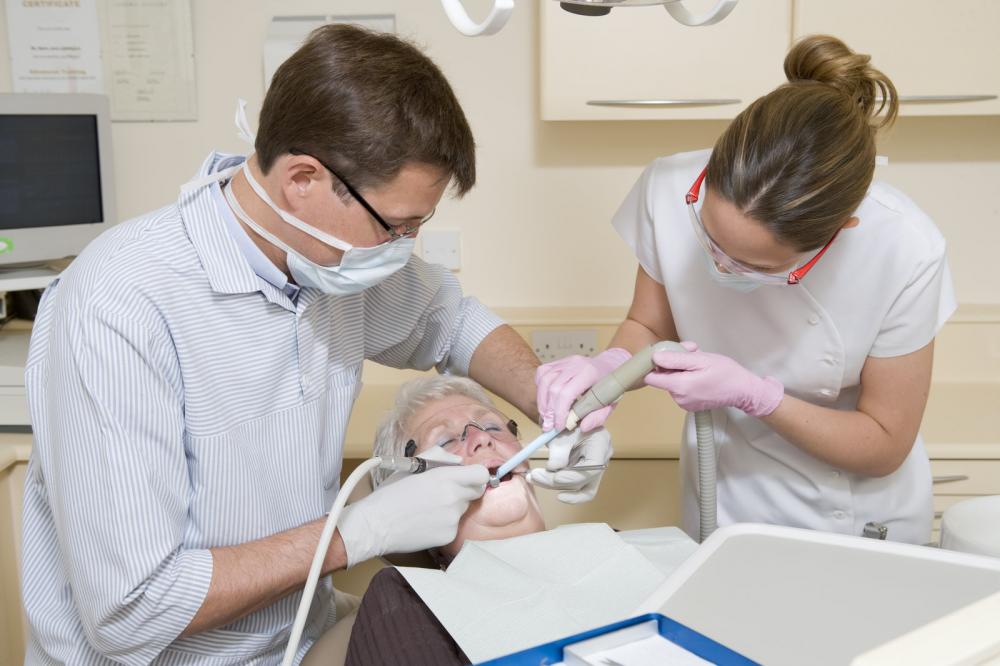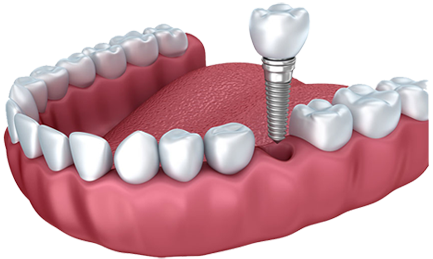A common question that the dentists answer at Smiles of Naperville is “What is periodontal disease?” Gum disease, also called periodontal disease, is a common oral health issue in adults. When plaque remains in your mouth, it sticks to your teeth and forms bacteria. The bacteria causes the plaque to harden, which eventually leads to tartar development. Once tartar has formed, it is difficult to remove from the teeth by brushing and flossing alone. Even when you are successful, it normally returns by the next day. Eating foods with a high concentration of sugar increase the risk of plaque and tartar formation.
Left untreated, plaque and tartar will cause pockets to form along your gum line while eating away at the stability of your gums. You want to avoid gum pockets because they attract even more plaque and tartar that can cause tooth decay and the eventual loss of a tooth. Although poor or inconsistent brushing and flossing habits are the most common reason for periodontal disease, people with the following conditions or lifestyle habits face an even greater risk:
- Age over 60
- Type II diabetes
- Poor eating habits and lack of nutrition
- Using drugs, alcohol, or tobacco products
- Having misaligned teeth
- Improperly fitting dental restorations
- A compromised immune system
- Pregnancy and breastfeeding
How We Treat Periodontal Disease at Smiles of Naperville
When one of our dentists diagnoses periodontal disease, he or she will typically recommend that you have the deep cleaning procedure completed. This involves scaling, which is the aggressive removal of plaque and tartar from your teeth. Root planing removes gum pockets that have formed in addition to discouraging new ones from forming in the future. We typically complete one-quarter of your mouth at a time. This process is often enough to reverse gum disease. In severe cases, your dentist may need to perform minor oral surgery to remove gum pockets.
After treatment, we encourage you to pay close attention to the sugar content of food and drinks you consume. It’s also important to brush and floss your teeth at least twice each day in addition to rinsing your mouth with medicated mouthwash. We are happy to answer additional questions you have about the prevention and treatment of periodontal disease during your next appointment.









